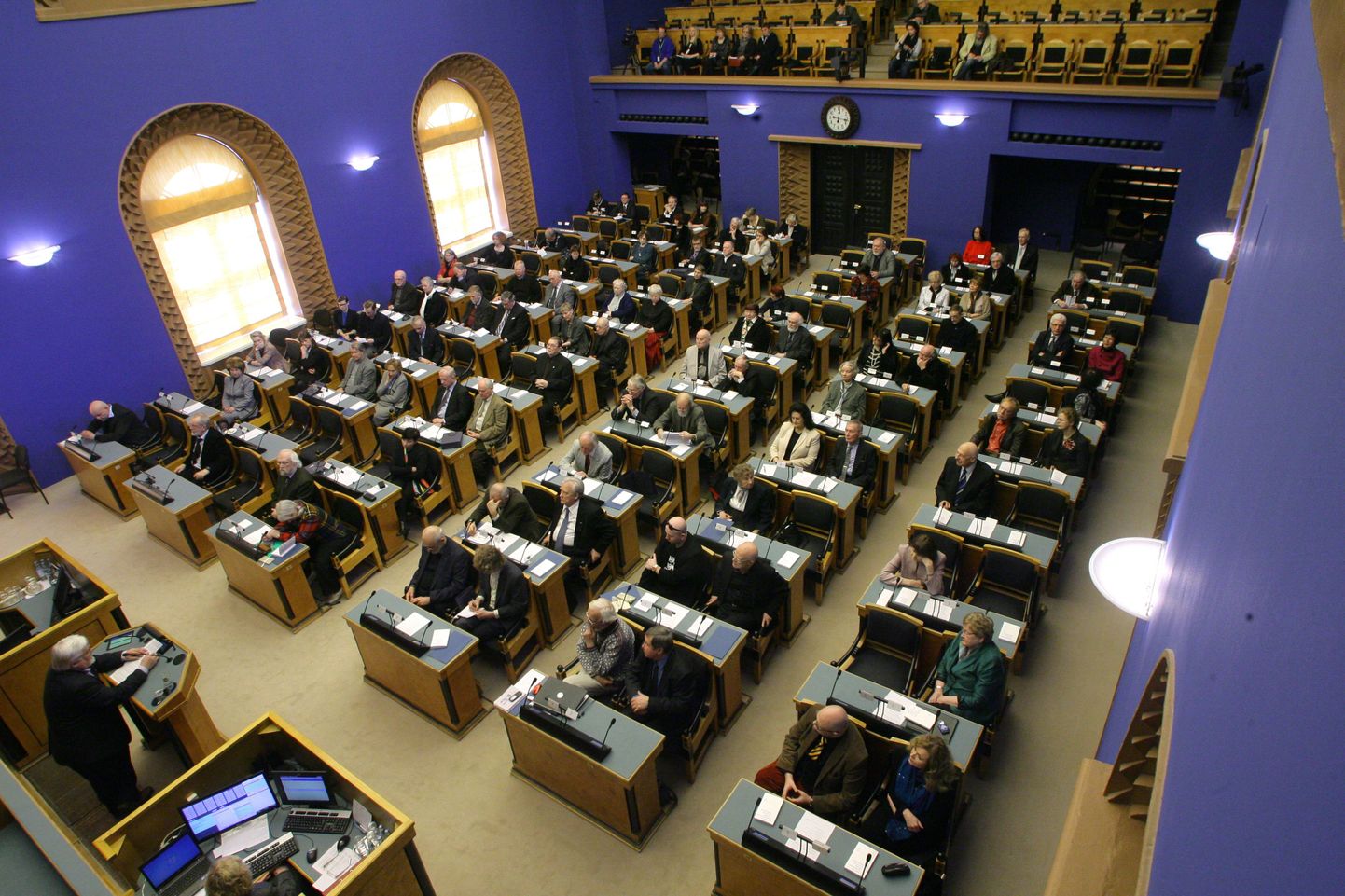The proposal for a check to be carried out was endorsed in the 101-seat chamber with 54 votes for, 23 against and two abstentions.
As of now the Estonian parliament is the sole national parliament in the EU that thinks so.
The draft directive proposal of the European Parliament and the Council of Europe which would oblige large companies to pass on, in addition to financial information, data about environmental and social matters, and the age, gender, education and geographic origin of their employees. The proposed directive would bring about the obligation to disclose non-financial information for a minimum of 30 companies and the obligation to come up with a diversity policy for 16 companies in Estonia.
The subsidiarity principle is one of the central principles in the EU context, laying down that political decisions in the EU must always be taken at the lowest possible administrative and political level, and as close to the citizens as possible. Other than the areas where the EU has exclusive competence, this means that the EU can only act if it would be better to implement the legislation in question at EU rather than at national, regional or local level.
«The leaders of the European Commission have always backed the right of national parliaments to have a say in the legislative process because it gives necessary feedback to the legislator at the right time. For instance, last year national parliaments contested the compliance of 21 of the Commission's bills with the principle of subsidiarity,» the head of the European Commission's representation in Estonia, Hannes Rumm, told BNS on Monday.

